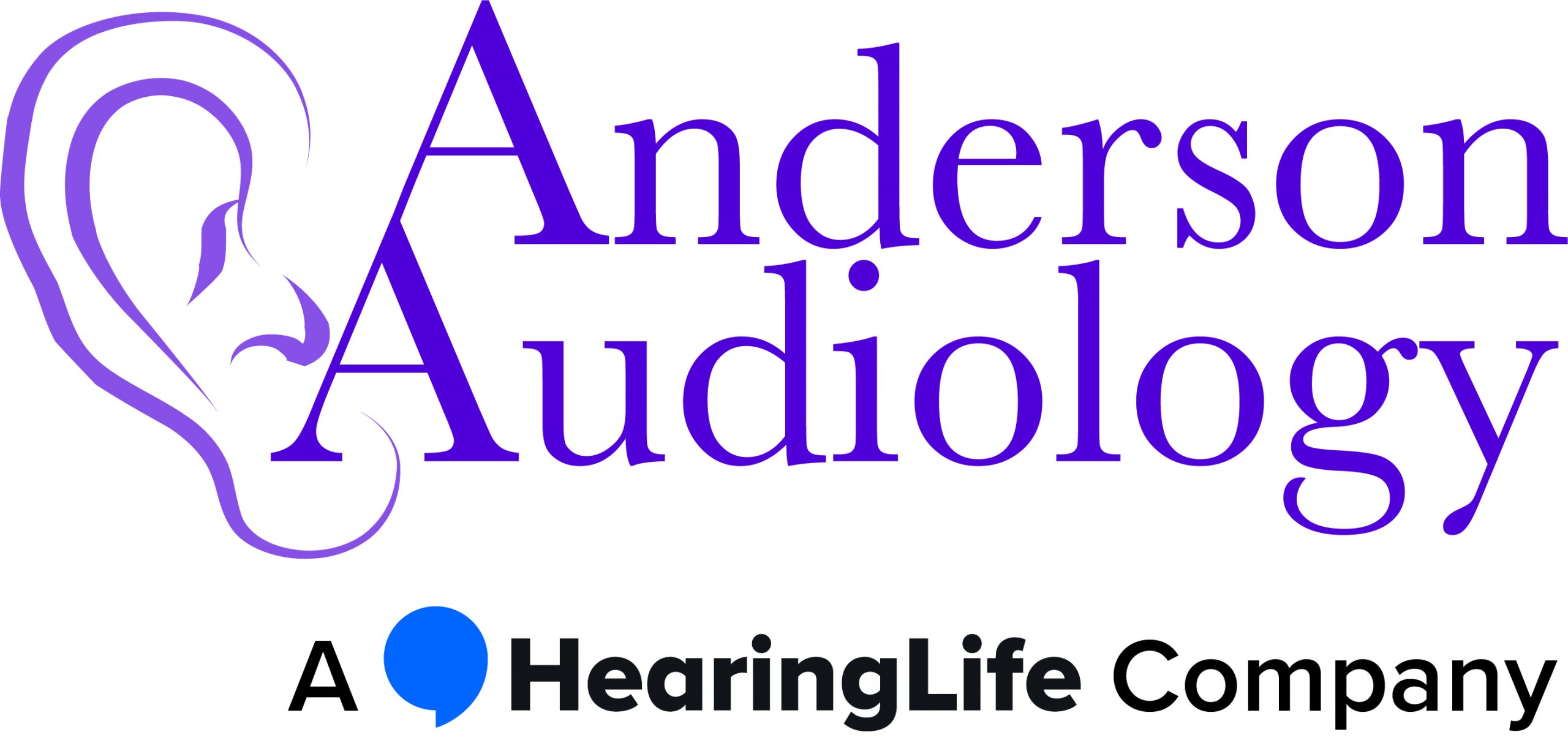Vitamin D, often known as the “sunshine vitamin,” is crucial for maintaining overall health, including the proper functioning of bones, muscles, and the immune system. Recent research suggests that this essential nutrient also plays a significant role in hearing health.
Vitamin D deficiency has been linked to a higher risk of hearing loss, making it an important area of focus for both healthcare providers and those experiencing hearing issues. Here’s more information on how vitamin D affects hearing and what you can do to minimize its risks.
The Role of Vitamin D in Hearing Health
Vitamin D helps regulate the levels of calcium and phosphate in the body, nutrients that are vital for maintaining healthy bones. This includes the tiny bones in the ear that are essential for conducting sound. Without adequate vitamin D, these bones can become weak, potentially leading to osteopenia or osteoporosis, and indirectly impacting their ability to transmit sound effectively.
Additionally, vitamin D is thought to have anti-inflammatory and immune-boosting properties that could protect against infections in the ear that may lead to hearing impairment. There is also emerging evidence that vitamin D can support the nerves in the ear that transmit sound to the brain, further highlighting its role in maintaining auditory function.
Signs of Vitamin D Deficiency
Vitamin D deficiency can be subtle and go unnoticed until it becomes severe. Here are some signs that you might be lacking in vitamin D:
- General fatigue or tiredness
- Bone pain or frequent bone fractures
- Muscle weakness
- Mood changes, like depression
- Slow wound healing
If you’re experiencing any of these symptoms, it might be worth discussing your vitamin D levels with a healthcare provider.
Vitamin D Deficiency and Hearing Loss: What the Research Says
A recent study examined data from 3,489 adults aged 50 and older to examine the relationship between hearing loss and vitamin D deficiency. Researchers found a significant association between those with vitamin D deficiencies and sensorineural hearing loss.
Another study suggested that vitamin D deficiency might exacerbate the rate at which hearing declines in older adults.
These findings underline the importance of maintaining sufficient vitamin D levels as part of a strategy to prevent or manage hearing loss.
How to Maintain Healthy Vitamin D Levels
Maintaining adequate vitamin D levels can be a key factor in preventing several health issues, including hearing loss. Here are some tips to ensure you’re getting enough vitamin D:
- Sun Exposure: Just 10–15 minutes of sunlight several times a week can help most people produce sufficient vitamin D.
- Diet: Include foods rich in vitamin D in your diet, such as fatty fish (like salmon and mackerel), cheese, egg yolks, and fortified foods like milk and cereals.
- Supplements: If you’re at risk of deficiency, vitamin D supplements can be an effective way to ensure adequate intake. Always consult with a healthcare provider before starting any supplement regimen.
While research into vitamin D’s effects on hearing health continues to develop, current evidence suggests that maintaining adequate levels of this vitamin is important for auditory health.
Need Help? Contact Us Today!
Our experienced hearing healthcare specialists are here to provide comprehensive hearing assessments and guide you towards optimum hearing health. Reach out to us if you feel your work is impacting your hearing. Call us today on 702-997-2964. Alternatively, click here to request an appointment online.

